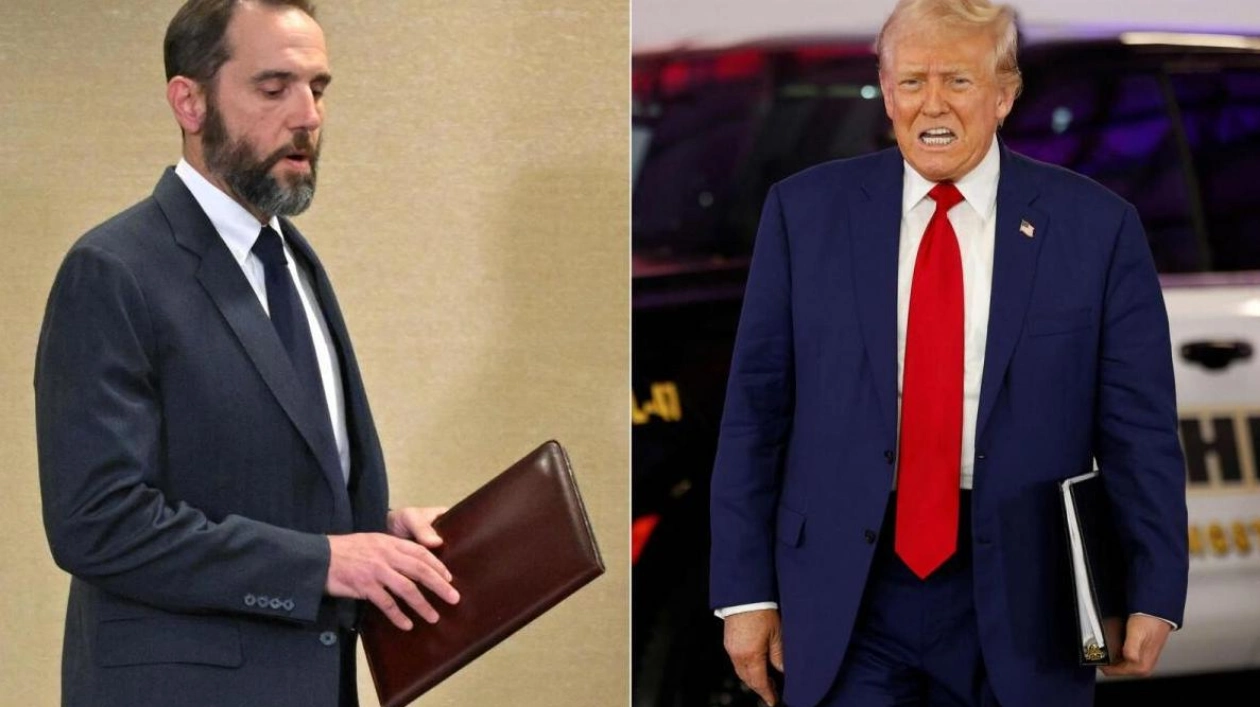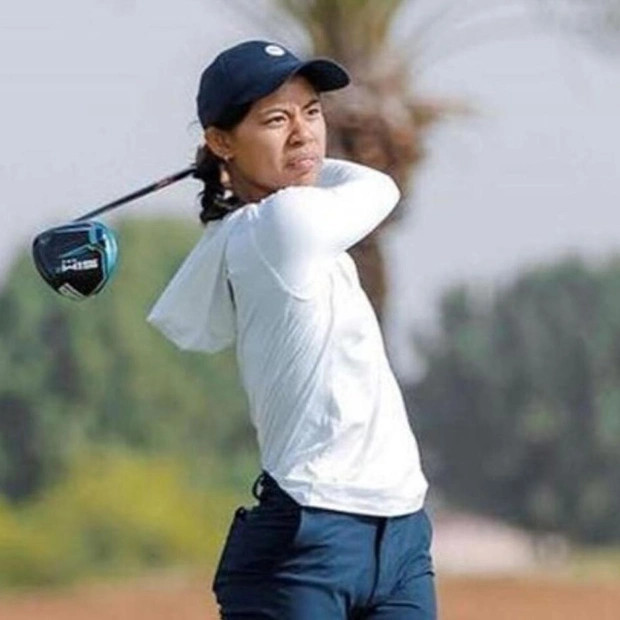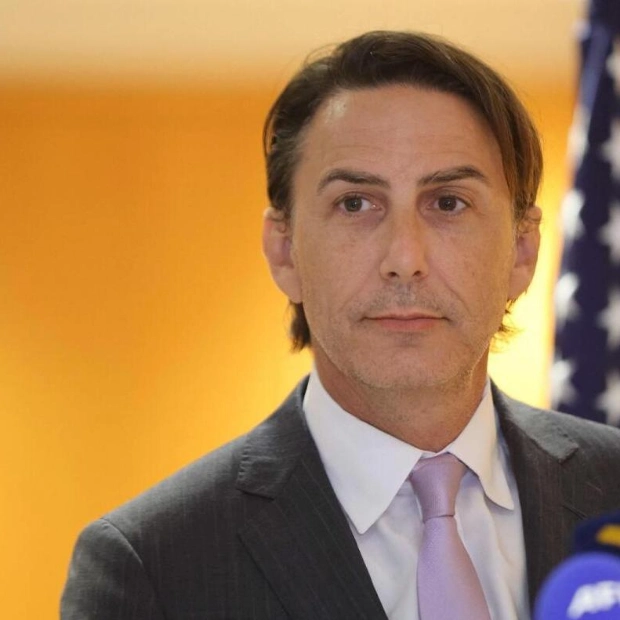On Tuesday, prosecutors submitted an amended indictment against Donald Trump, continuing to pursue the explosive allegations that he attempted to reverse the outcome of the 2020 US election, which he lost to Joe Biden. The updated indictment maintains the same four charges as the previous version but incorporates a recent Supreme Court decision that grants former presidents extensive immunity from criminal prosecution.
The revised 36-page indictment, shorter than the previous 45-page document, omits sections affected by the Supreme Court's ruling on immunity. It still asserts that Trump, despite his 2020 defeat, was resolute in his ambition to stay in power and sought to undermine the election results. The Supreme Court's July ruling clarified that while former presidents enjoy broad immunity for actions taken in office, they can be prosecuted for unofficial acts, casting uncertainty over Trump's historic case.
Trump dismissed the new indictment as a desperate move in a witch hunt against him. He criticized the special counsel, Jack Smith, on his Truth Social platform, calling the indictment problematic and demanding its immediate dismissal. The filing of the new indictment complicates the planned pre-trial schedule, with a status hearing set for September 5 in Washington now uncertain.
Trump's legal team aims to postpone the trial until after the November election, where he faces Democratic candidate Kamala Harris. Accused of conspiring to defraud the US and obstructing a congressional session on January 6, 2021, Trump also faces charges of attempting to disenfranchise voters through his campaign of false election claims. The trial, initially set for March 4, was delayed due to Trump's claims of immunity.
Judge Tanya Chutkan, appointed by former President Barack Obama, will determine which of Trump's actions regarding the 2020 election are considered official and which are unofficial, potentially subject to prosecution. This distinction, along with other pre-trial matters, is expected to prolong the process, making a trial before the November 5 presidential vote unlikely.
The new indictment removes references to Jeffrey Clark, a former Justice Department official implicated in the original indictment. The Supreme Court's ruling on immunity considers communications with the Justice Department as official acts, while the remaining co-conspirators, including Rudy Giuliani, are deemed to have acted in a private capacity to aid Trump's efforts to overturn the election results.
Supreme Court Justice Ketanji Brown Jackson expressed concerns about the July verdict, highlighting her worries about unequal treatment under the law. Jackson was one of three justices who dissented from the court's ruling. Additionally, Trump faces ongoing legal challenges, including convictions in New York and charges in Georgia and Florida related to his post-presidency activities.






